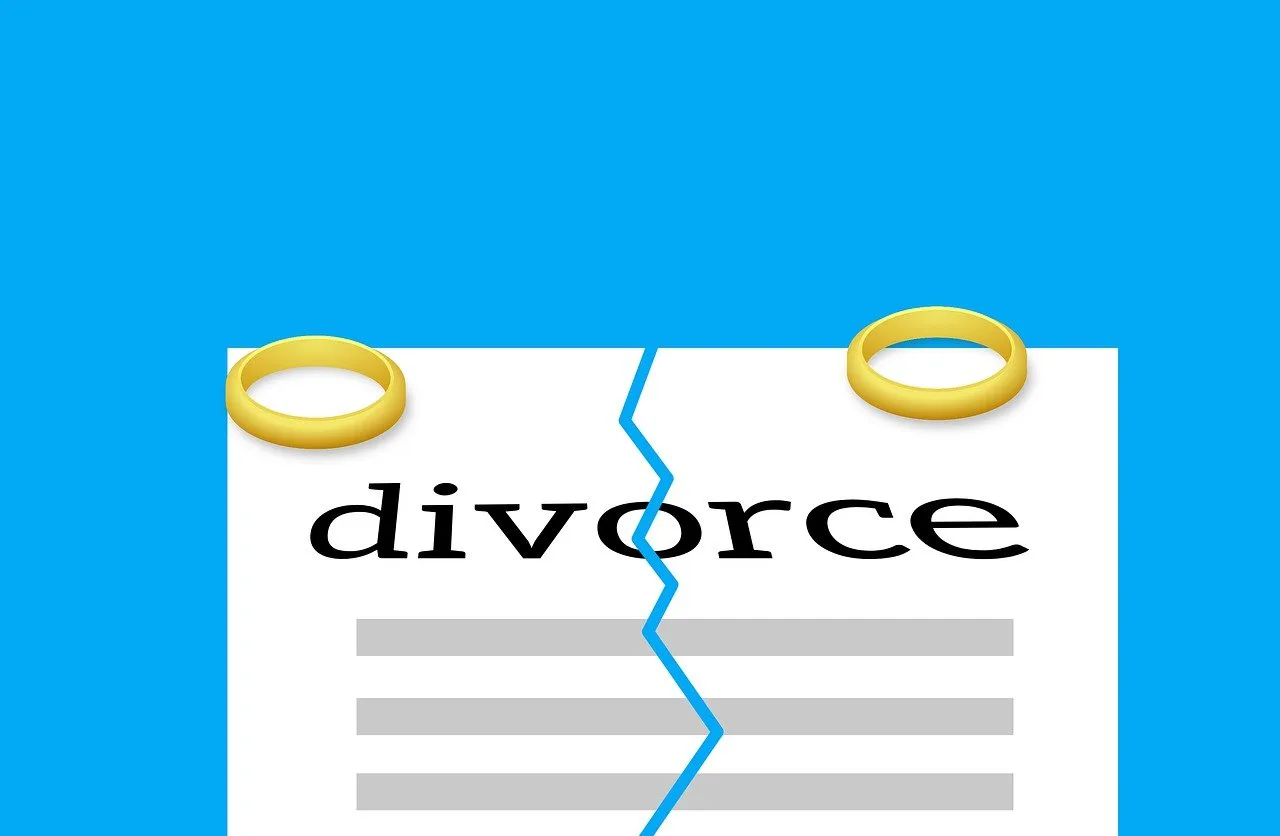It does not matter how happy a couple is on their wedding day. It doesn’t even matter if they have been together since high school. Marriages that start in an idyllic fashion do not always last. In the U.S. alone, 22% of marriages end within five years. There are many reasons people file for divorce. It may be something as serious as infidelity or a criminal act. Or it may be because two people discover they cannot live together. Either way, when a marriage is at its clear end, many people automatically consider divorce. But often, they need to learn what a divorce entails and how complicated things can become. If you are considering filing for divorce, you must know how to go about it and what follows after you have filed.
Grounds for Divorce
If you want to divorce your spouse because they have been unfaithful, you no longer have to prove infidelity. Or, at least, you don’t have to prove it if you live in a no-fault state. No-fault states only require proof that a marriage has broken down beyond hopes of repair. You will need to present several documents, however. These include your marriage certificate, all financial documents, a list of assets, and debt records. You must also show the court any relevant child custody documents if you have children.
You can hire a divorce lawyer when you have decided on the grounds for your divorce and have your documents together. This is an optional part of your divorce proceedings because you do not need a lawyer for an uncontested divorce. If it is your first time filing a divorce, getting a lawyer to guide you through the requirements and paperwork will benefit you. A lawyer can also represent your case in court.
Remember that you can finalize an uncontested divorce within as few as six weeks. A contested divorce can last several years, depending on different factors.
Filing for Divorce
Whether you are filing for a contested or uncontested divorce, you must file a legal petition. This petition is a request to the court to terminate your marriage. There are several components to a divorce petition. These include a statement that proves you or your spouse meets the necessary residency requirements. For example, most states require that one spouse live in the state for at least three months and the relevant county for at least 10 days. You cannot file a petition if this requirement is outstanding. Your petition must also include your reason for divorce and other statutory information the state may require.
After filing the petition, you can request a temporary court order for different reasons, such as spousal support or child custody. To get a temporary court order, you must file proof of service at the court. This document states that you gave your spouse a copy of the divorce petition. Again, you can only proceed with your divorce case if you do this.
After filing proof of service, you can attempt to negotiate a settlement with your spouse about child custody or dividing property. If you are unsuccessful, you can initiate a divorce trial. You will likely proceed with the trial before a judge, but it may also happen in front of a jury.
Depending on what happens during the trial, the judge will sign the dissolution document to end your marriage. The judge will also detail the outcome of the custody hearing, spousal support, and property division.
Things to Consider After Your Divorce
Divorce proceedings are straightforward. However, once your marriage officially ends, you should consider additional factors. For one, close all joint bank accounts and credit cards immediately. Your divorce attorney can tell you how to do this effectively. You should also update the beneficiaries on existing retirement accounts and life insurance policies.
Moreover, ask a tax advisor about the tax implications of acquiring a part of marital assets. The value of these assets may mean a change in your tax filing status.
If you want to use your maiden name again, you must update your driver’s license, passport, social security card, etc.
Most importantly, take a breather after finalizing your divorce. Divorce is a taxing experience that will impact your personal and professional life. Move at a pace that is comfortable for you when working through your emotions.
Moving on After a Divorce
A divorce is a life-altering event. Give yourself time to move forward while focusing on caring for yourself and your children. As you celebrate small milestones after your divorce, you will soon be ready to take on the future.






